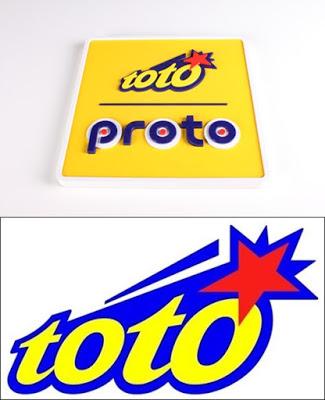사설토토
State Supreme Judicial Court Hears Arguments In MIAA Eligibility Dispute Involving Bullying 사설토토
The MIAA requested that the SJC invert the lower court's decision and lay out a legitimate norm for lower courts to audit the organization's qualification choices. In an explanation to the Globe, the MIAA said the absence of an unmistakable survey process in the court framework "entirely sabotages the consistency and value of MIAA's standards and its implementation methodology."
Get Sports HeadlinesThe Globe's latest games features conveyed to your inbox each day.
The Globe isn't recognizing the previous Woburn football player or his new school on the grounds that the Superior Court judge fixed the case over security concerns and the understudy was not distinguished during the SJC hearing.
A few judges said they upheld the MIAA's choice in the previous Woburn player's case, however they addressed whether the MIAA has been adequately straightforward in reporting and distributing its waiver qualification choices.
Understudies recently denied waivers have tested the choices as "inconsistent and fanciful."
"How does an adjudicator has any idea about whether the MIAA is being inconsistent and whimsical except if they know what the earlier choices have been?" Justice Frank Gaziano inquired.
MIAA lawyer Kay Hodge recognized the MIAA's choices have not been openly spread. She said they are "inside kept up with."
Over the most recent 16 months, somewhere around nine secondary school understudy competitors have looked for alleviation in Massachusetts Superior Courts after the MIAA denied waiver demands. Hodge said the quantity of waiver demands is rising and is supposed to keep on expanding, to a limited extent as a result of COVID-19.
The previous Woburn understudy's new school noted in an affirmation that the MIAA, while denying his waiver demand, in all actuality waivers to three competitors who contended in a similar meeting, including one "who was generally viewed as perhaps the best competitor in the state and was a not kidding competitor for the most significant player."
Equity Scott Kafker showed that making that sort of data for the most part accessible to the courts could be indispensable to choosing cases.
"It turns out to be truly critical on the grounds that that is by all accounts the main approach to deciding whether something is erratic and whimsical,'' Kafker said.
He added, "I don't have the foggiest idea why, in the event that the most significant player in the state gets a fifth year, for what reason doesn't this child get a fifth year?"
Gaziano, a previous Superior Court judge, communicated worry about comparable cases yielding unique results.
"One child was harassed," Gaziano said. "Another child has another misfortune. One child gets a waiver. One child doesn't get a waiver. I'm very worried about the mediation of that. It fundamentally relies upon Superior Court judge roulette, which Superior Court judge you draw."
Hodge said, "I hear that there are refinements the MIAA can consider, however as a corporate body they can choose whether to do that or not" in light of state regulation.
By and large, the SJC has commonly favored the MIAA on how it oversees its part schools, which currently all out 374, with in excess of 230,000 understudy competitors.
None of the seven judges freely reprimanded the measures the MIAA uses to choose demands for fifth-year qualification waivers. The standards gauge the likely effect on the understudy, their school, their group's serious strength, and the MIAA's overall athletic targets.
"They're generally great variables," Kafker said, "however the main way you can decide whether something is inconsistent and eccentric is whether they apply it equally."

By using this site you agree to this Privacy Policy. Learn how to clear cookies here
Shaun Johnson Stadium: A Place of Pride and Passion SCHRIJF JOUW EIGEN TV-SERIE OF FILM IN 5 DAGEN! Giá bể bơi thông minh hiện nay VR Tattoo Studio - best tattoo in dilsukhnagar 8XBET la nha cai uy tin hang dau AD repair 안전놀이터 메이저사이트 토토사이트